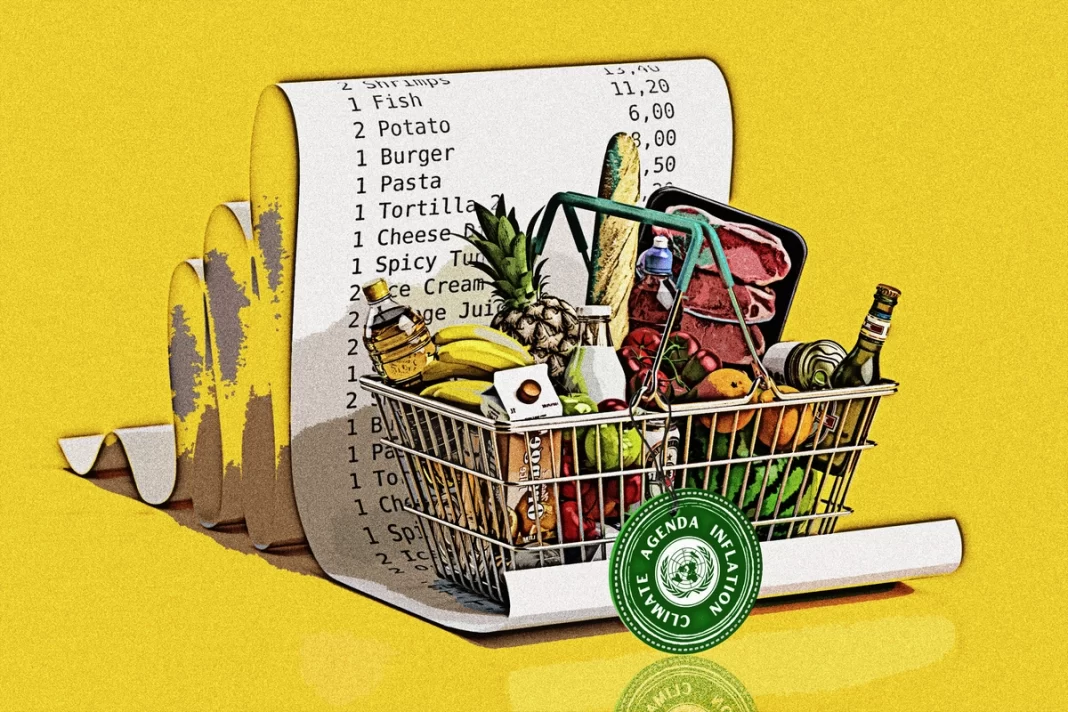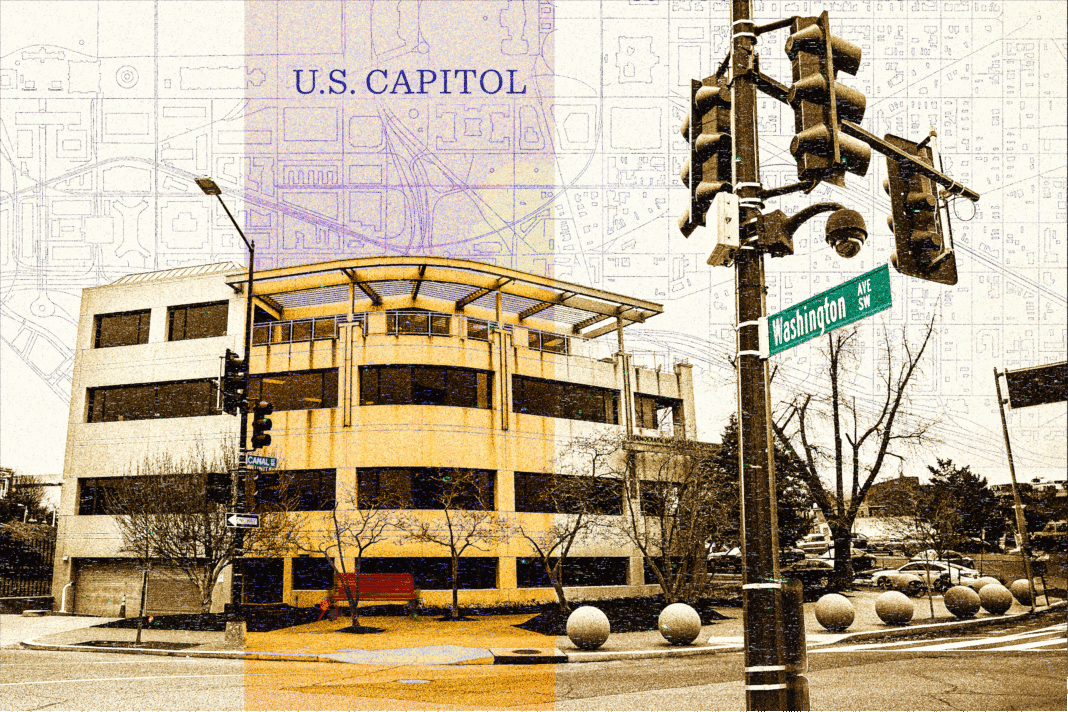The net zero climate agenda is pushing regulations and costs onto farmers, which translate to costlier food items for Americans.
As inflation remains stubbornly high, farmers throughout the Western world are warning that cost increases from the net zero movement will drive food prices still higher, while simultaneously putting many smaller farmers out of business.
January inflation numbers showed that prices increased by 3.1 percent over what they were a year ago, indicating that the fight against inflation, while progressing, has not been won.
Overall, prices have surged by nearly 18 percent since January 2021 when President Joe Biden took office.
Americans are struggling in an economy in which, by official statistics, nearly one-fifth of the value of their dollars has evaporated in three years—though many will say the cost of food and other essentials has become more expensive than what the official numbers state.
The U.S. Department of Agriculture (USDA), which tracks food prices, offers an optimistic assessment of the coming year. After having gone up 9.9 percent in 2022, the USDA states, “[food] prices grew more slowly in 2023,” increasing by only 5.8 percent.
“Food prices are expected to continue to decelerate in 2024,” the USDA projects.
While some predict that the worst is behind us, analysts of the U.S. farming industry say there is another round of price inflation in the works, which will come from the Biden administration’s “whole of government” effort to reduce global temperatures.
A recent report by the Buckeye Institute attempts to quantify the cost of Bidenomics to farmers.
The report, titled “Net-Zero Climate-Control Policies Will Fail the Farm,” projects that farmers will see costs rise by at least 34 percent, which will increase the household grocery bill for an American family of four by more than $1,300 per year.
“Complying with net-zero emissions policies and corporate ESG reporting requirements will increase prices of farm inputs, the costs of which will ultimately be passed onto consumers at grocery stores and restaurants,” the report states.
“This is where the left is going, trying to get to net zero,” Rea Hederman, executive director of the Buckeye Institute’s economic research center, told The Epoch Times. And the costs imposed on farmers are in addition to price hikes from inflation, weather, or other factors that typically impact food prices.
“The fact that the federal government printed too much money, this is on top of that,” Mr. Hederman said, “and it’s a sustained increase, not a temporary fluctuation in food prices, because you’re building higher baseline operating costs that are going to be permanent for farmers going forward.”







